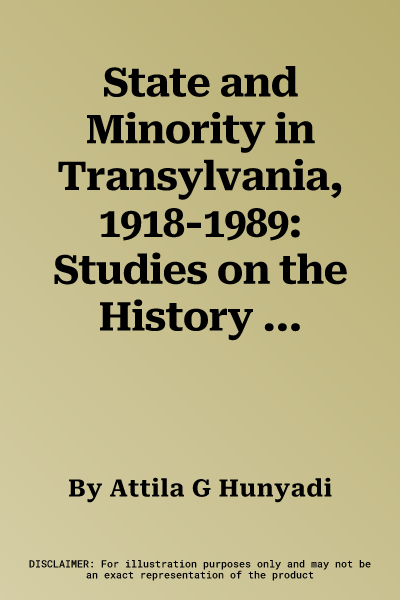Attila G Hunyadi
(Author)State and Minority in Transylvania, 1918-1989: Studies on the History of the Hungarian CommunityHardcover, 2 April 2013

Qty
1
Turbo
Ships in 2 - 3 days
In Stock
Free Delivery
Cash on Delivery
15 Days
Free Returns
Secure Checkout

Part of Series
East European Monograph
Print Length
500 pages
Language
English
Publisher
East European Monographs
Date Published
2 Apr 2013
ISBN-10
0880337095
ISBN-13
9780880337090
Description
Product Details
Author:
Book Format:
Hardcover
Country of Origin:
US
Date Published:
2 April 2013
Genre:
Eastern Europe
ISBN-10:
0880337095
ISBN-13:
9780880337090
Language:
English
Location:
New York
Pages:
500
Publisher:
Series: